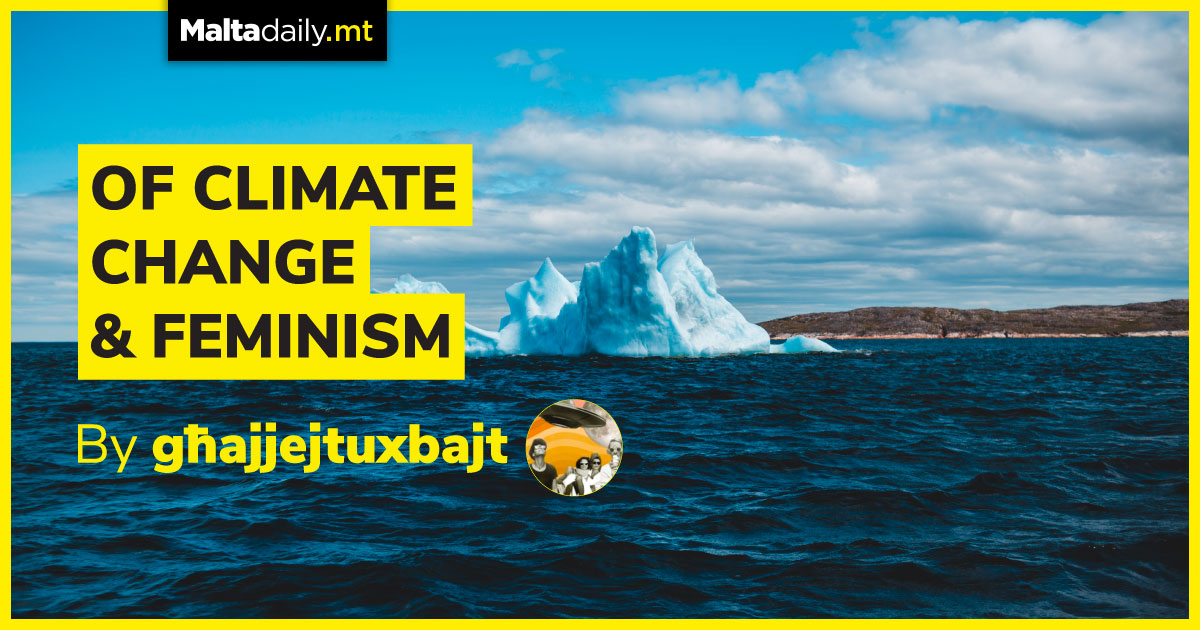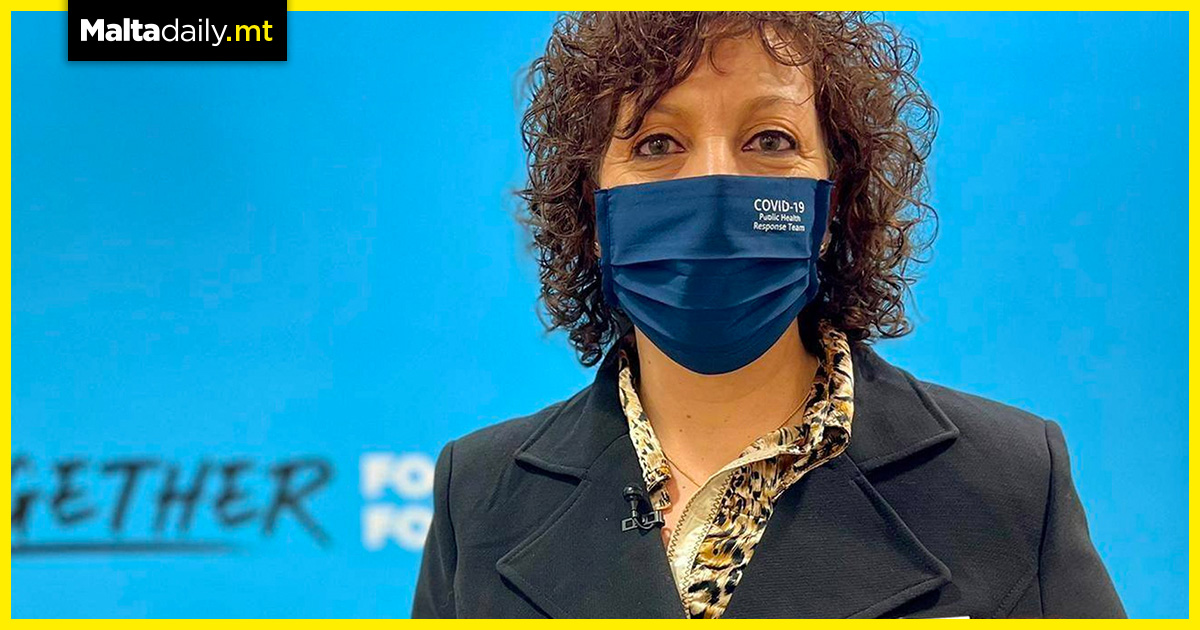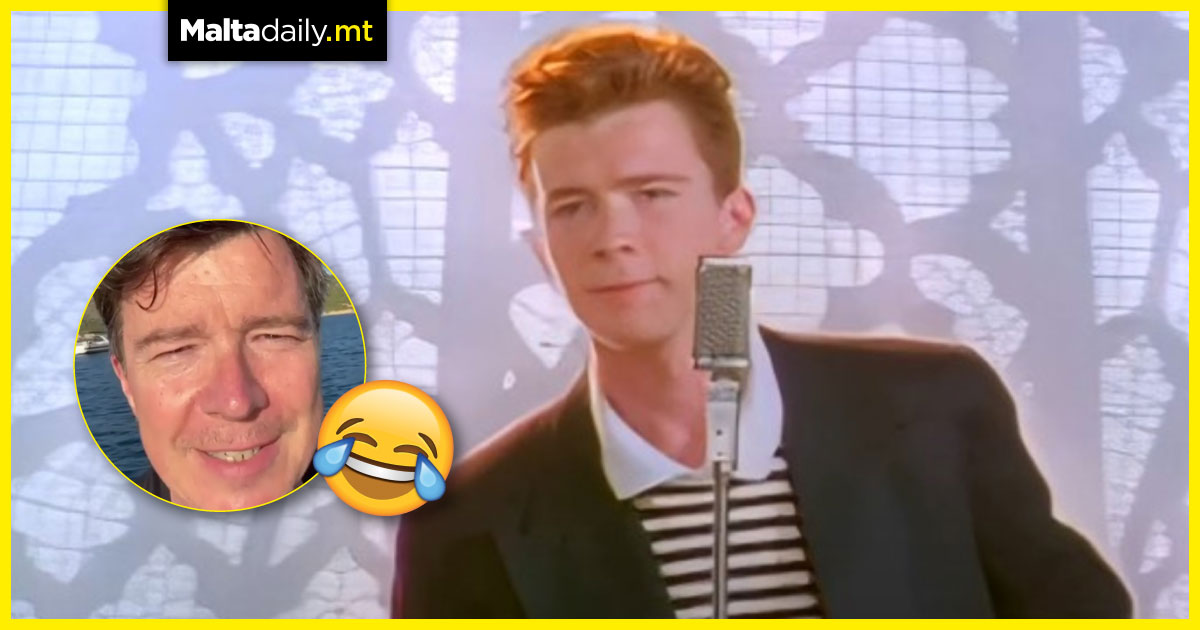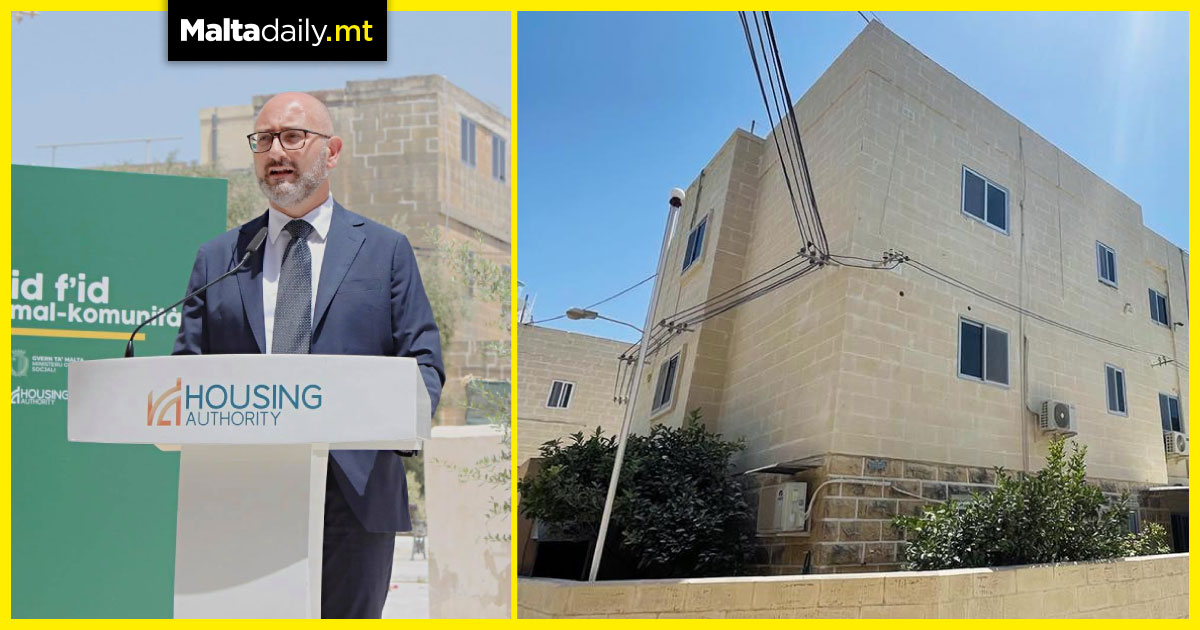
In the past few weeks we’ve seen the ocean on fire, some of the coldest places in the world (like Russia, Antarctica, and part of North America) suffer from heat waves, and storms cause severe flooding in various places in Europe. This shouldn’t come as a surprise as we’ve witnessed climate change wreck havoc in countries in what people call the “Global South” for a while now, but now that it’s happening closer to home this is being noticed and spoken of with slightly more interest. It really should not take all of this to make us worried about the future of the planet, but somehow even this doesn’t seem to be enough to get governments to be more proactive in their efforts to mitigate climate change. This planet – for the foreseeable future, at least – is the only one we have, so it’s in everyone’s interest to take care of it. Now is way past time to act. But as intersectional feminists, it is important to be aware of something else – that climate change is a feminist issue.

As UN Women Executive Director Phumzile Mlambo-Ngcuka stated: “climate change amplifies existing gender inequalities.” While everyone is affected by climate change, women tend to suffer the effects in a more pronounced way. Much of this is due to the un-balanced gender roles that are still present in many societies. This intersects with other factors, such as race or origin and socioeconomic status, to affect their ability to cope with the challenges of climate change. Women, for example, are still the primary caregivers in many cultures. They are often responsible for household nutrition and thus have an important role to play when it comes to ensuring food security – which is greatly affected by climate change. Globally women are also tend to be poorer than men; they are more likely than men to remain at home to take care of children and of other family members – thus leaving them in a more precarious financial situation, and this lack of financial means affects the kind of resources they have access to and limits their mobility or ability to freely migrate to other places in the event of a climate crisis.
For those living in certain rural areas, men are more likely to have the ability to migrate to urban areas as they have access to a wider range of jobs (because of factors such as literacy and education level for example), while women tend to stay in those rural areas to care for family and continue agricultural work. Women of colour make up of a large part of the agricultural labour force – about 50% of the agricultural labor force in places in Africa and Asia is made up of women – resulting in climate change disproportionately affecting them. These women, who for a variety of systemic reasons already earn less than their male counterparts, are faced with further issues when the resources they have are depleted by climate change (e.g. through drought or extreme weather).

But while climate change disproportionately affects women of colour especially, women of all origins or geographical areas are more likely to be affected by it. Climate change exacerbates already existing inequalities, and these are present in the West too: bearing the brunt of housework and child-rearing, lack of representation in political decision making, being more at risk of poverty – all of these lead to a heightened impact on women. This was seen during the COVID-19 pandemic – during this period of crisis, women were more at risk of job insecurity, at greater risk of domestic and gender-based violence, and subject to increased work-life balance conflict and more time on household responsibilities, just to name a few. These same issues will likely become more pronounced in the event of a climate crisis.
With figures from the UN indicating that 80% of the people displaced by climate change are women, and the knowledge that the disproportionate impact on women will likely continue to grow in the future, it should be evident that we cannot afford to not get involved or treat climate action as separate from gender equality. But climate change isn’t a feminist issue solely because of the impact it has on women in particular – but also because feminist frameworks that developed over the decades can contribute to the finding of solutions to holistically deal with the effects of climate change.

Angela Davis’ vision of feminism comes to mind here. For Angela Davis, feminism is not only a way to address gender inequality, but is also a collection of methodologies that “can assist us all in major ways as researchers, academics, and as activists and organizers.” Because gender equality cannot be separated from other factors – like capitalism, ableism or racism – feminist movements have had to have a consciousness of the intersections between gender equality and these other factors. As Davis says, “feminist methodologies impel us to explore connections that are not always apparent. And they drive us to inhabit contradictions and discover what is productive in these contradictions. Feminism insists on methods of thought and action that urge us to think about things together that appear to be separate, and to disaggregate things that appear to naturally belong together.” To give one example of the use of feminist methodologies when it comes to climate change: some researchers have looked into the use of the feminist lens of the “everyday” (which includes a dive into the concept of embodiment) to see how the mundane decision making in climate governance affect people in different ways and reinforces the process of capitalist accumulation.
There can only be benefits to centring women in climate action and centring climate justice in our feminism. Research has shown that when women are involved in decision making, they play a central role in putting forward environmentally conscious measures. Women have long been at the forefront of climate justice movements, and women in politics are more likely to endorse environmental initiatives. Even the Paris Agreement, with its rather insufficient pledges and targets, recognises the importance of empowering and including women in climate decision making. And feminists of all genders, with the wealth of experience and expertise they have in questioning, deconstructing, discussing, framing and envisioning alternate possibilities to current systems, have so much that they can and should contribute to the climate justice.
Climate justice is a feminist issue, and it’s in our best interests to treat it as such.







